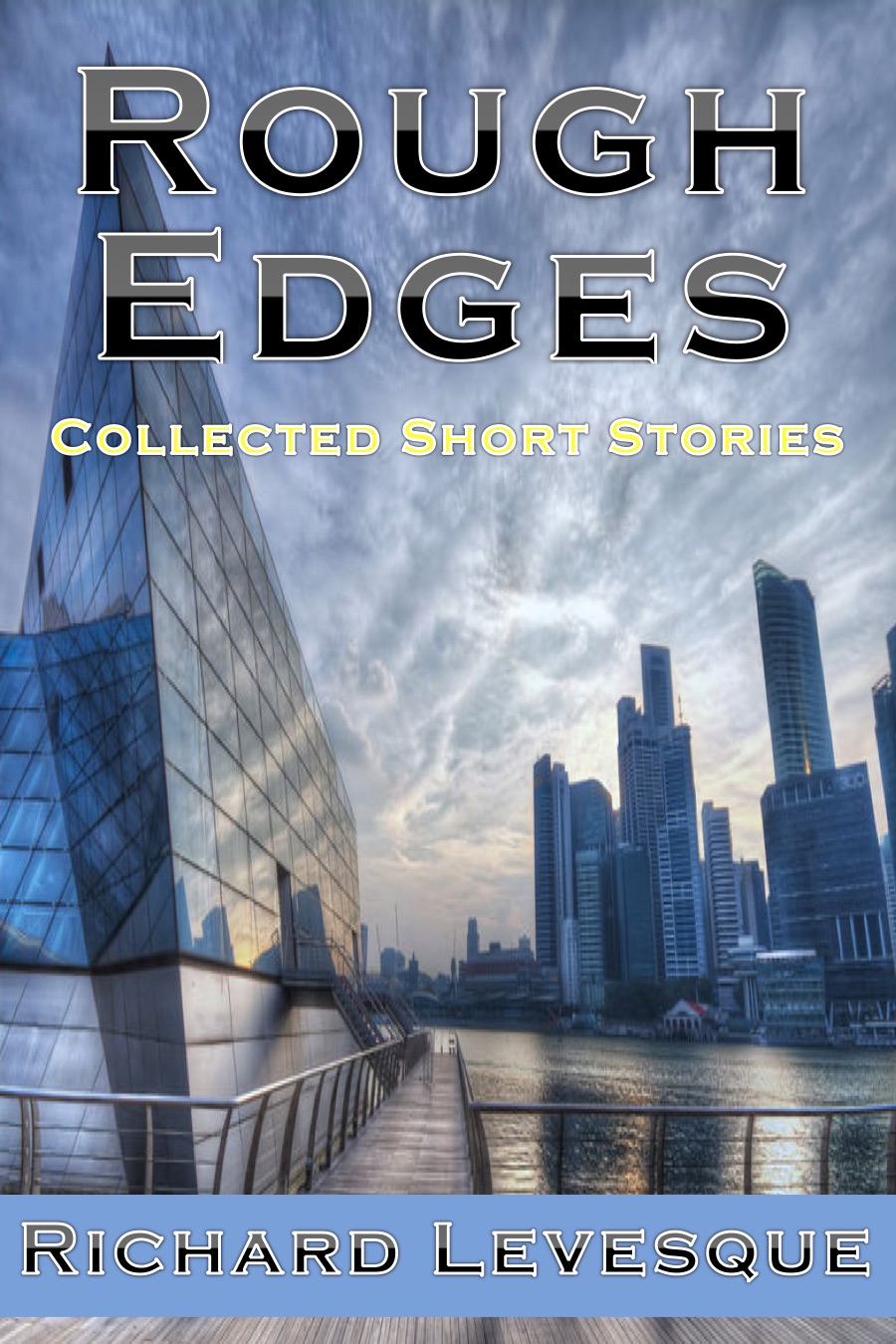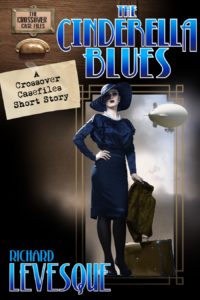I’ve Listened to the Audiobook–Can I Say I’ve Read It?
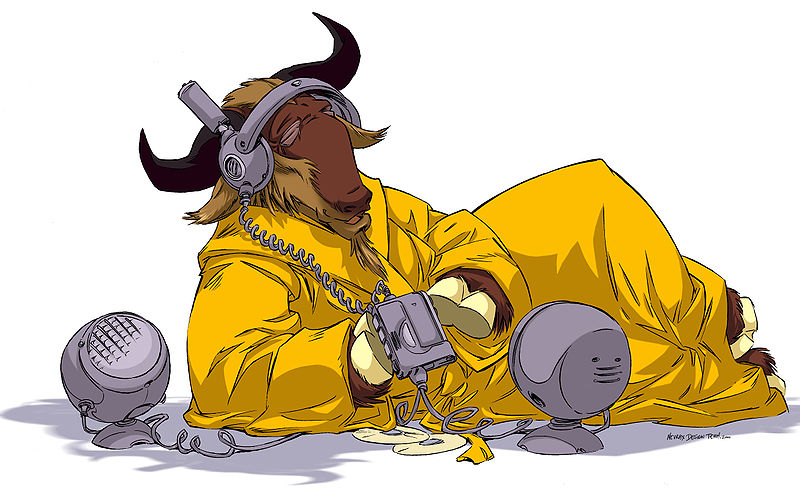 I’ll think of this as the summer I became an audiobook convert. I had never really had anything against audiobooks before, but had just thought of them as “not my thing.” Years ago, while studying for the GRE in literature, I remember listening to cassettes (I did say “years ago,” remember?) of George Bernard Shaw plays and a few other things just to cram as many characters and plots into my head as possible in hopes of being able to answer a couple more questions correctly. But I wasn’t listening for enjoyment or even for the literary value of the texts. It was just the facts.
I’ll think of this as the summer I became an audiobook convert. I had never really had anything against audiobooks before, but had just thought of them as “not my thing.” Years ago, while studying for the GRE in literature, I remember listening to cassettes (I did say “years ago,” remember?) of George Bernard Shaw plays and a few other things just to cram as many characters and plots into my head as possible in hopes of being able to answer a couple more questions correctly. But I wasn’t listening for enjoyment or even for the literary value of the texts. It was just the facts.
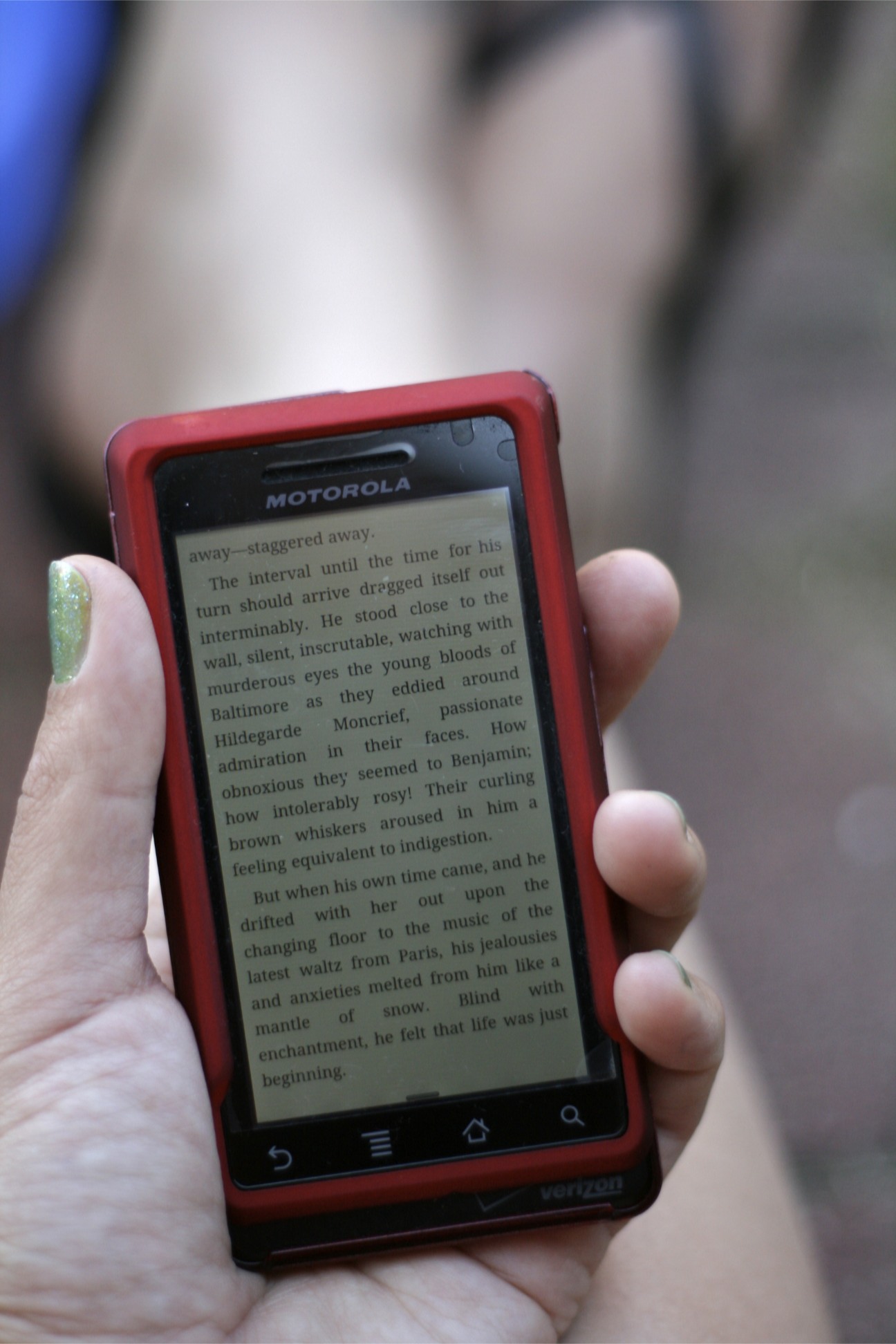 Since then, I’ve read a lot in the conventional sense, and like everyone else have seen books evolve from things with pages to things with pixels and bytes, and audiobooks too have gone from things with moveable parts to discs read by lasers, to files that can be transferred through the air. And I never really got on board–just kept plugging away, running my eyes over the pages.
Since then, I’ve read a lot in the conventional sense, and like everyone else have seen books evolve from things with pages to things with pixels and bytes, and audiobooks too have gone from things with moveable parts to discs read by lasers, to files that can be transferred through the air. And I never really got on board–just kept plugging away, running my eyes over the pages.
And not very much of that, either. At least, not enough for my liking. When I walk into a bookstore, I find myself thinking, “I want to read that, and that, and that, and …” And I generally just can’t find the time. Over the last couple of years, when I’ve found myself with time to read a book, I’ve usually turned that around and written one instead. So those desires to read, read, read have just gone unmet.
But then a few months ago, in the middle of talking about zombie books with a friend of mine, he asked if I’d like to borrow his audio copy of Max Brooks’ World War Z. My wife read it a couple of years ago and enjoyed it, and I’ve continued to hear good things about it, so I thought, “Why not?” I have a forty minute commute four days a week if traffic’s not too bad. That’s an hour and twenty minutes a day, more than five hours a week in the car listening to classic rock and wacky morning DJ chatter. When was the last time I found five hours a week to actually read a book? Not since grad school probably.
So I borrowed World War Z, and enjoyed it. And felt like I’d read it. But had I? Granted, the experience wasn’t quite the same as reading, but at the same time I got immersed in the plot, pictured the characters, was amused and creeped out and entertained all in ways similar to what I would have experienced holding the book in my hands.
Around the same time, I had several conversations with people who kept bringing up Ender’s Game–asking if I’d ever read it, making offhand remarks about the series, etc. For some reason, Orson Scott Card had stayed off my radar for all the years he’s been writing. Nothing against him–just one of those people I hadn’t gotten around to reading, one of those books I’d see and think “I should read that” and never anything more.
So I got an audio copy of Ender’s Game. And enjoyed it. And followed that with Speaker for the Dead. Enjoyed that one even more. And followed that with Card’s Treason on a friend’s recommendation. Enjoyed that one, too. I’ve got Asimov’s I, Robot in the car now and will move on to Neil Gaiman’s Neverwhere next. Definitely a convert.
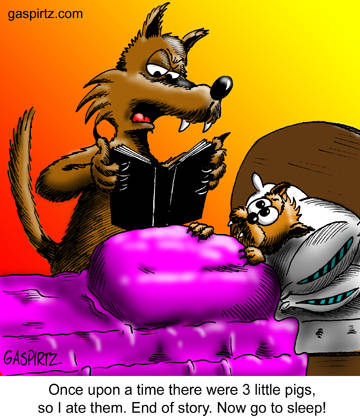 But again, have I read all these books? Technically, no. I’ve listened to them, had someone else read them to me…like bedtime stories or something. Was my experience of those books different than if I’d used a different sensory organ for input? Possibly. I’ve yet to read and listen to the same book to see how fundamentally different the experience is. And yet I did get pulled into the stories as I did with World War Z, pictured the characters, was invested in the plots, thought about Card’s language as he moved the stories along–all things I would have done with a paperback in my hands.
But again, have I read all these books? Technically, no. I’ve listened to them, had someone else read them to me…like bedtime stories or something. Was my experience of those books different than if I’d used a different sensory organ for input? Possibly. I’ve yet to read and listen to the same book to see how fundamentally different the experience is. And yet I did get pulled into the stories as I did with World War Z, pictured the characters, was invested in the plots, thought about Card’s language as he moved the stories along–all things I would have done with a paperback in my hands.
I certainly wouldn’t claim that I’d read a book if I’d only seen a filmed version. If my experience of The Hunger Games had consisted only of seeing the movie, I wouldn’t say I’d read Collins’ book no matter how faithfully adapted it was. And if I catch my students watching the filmed version of John Fante’s Ask the Dust rather than reading the novel, their exams don’t get passing grades. In the first case, the adaption worked well, and in the second it didn’t, but in neither case is the experience of watching the characters and their actions on screen the same as experiencing these things in book form.
But by the same token, what about Shakespeare? If I recall correctly, Kenneth Branagh’s version of Hamlet is word for word from the original, nothing omitted or edited. If someone has seen the film or a different, faithful production, would we say that’s the same as having read the play?
Nope.
I can’t imagine anyone saying that, even though they had Shakespeare’s words faithfully delivered on the screen or the stage.
So, I guess that means I can’t say I’ve read any of these books I’ve listened to this summer. I know them pretty well now, can carry on intelligent conversations about them, but haven’t exactly read them.
Still, I suppose the next time somebody says, “Have you read Ender’s Game?” I expect that, rather than go through this whole discussion again, I’ll just say something non-committal like “It was good” and move on to something else. Just easier that way. What do you think?
ask the dust audio books audiobooks books ender's game hunger games john fante orson scott card Science Fiction world war z




